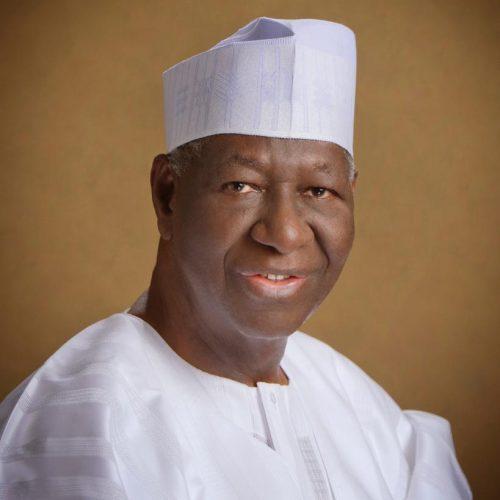Navigating the diverse landscapes of global environments has enriched my understanding of cultures, values and ways of doing business that are different to my own. After leading teams in Australia, Europe, North America and Asia over the past 15 years, I have come to understand and deeply appreciate the broad spectrum of perspectives that I get to experience every day leading global teams. It is this richness of perspectives that has allowed me to learn and grow, not only as a person but also as a leader.
I’ve also learned the importance of authenticity in leadership when leading global teams. Cultivating trust, being willing to learn and embracing empathy are crucial leadership skills in a diverse and ever-changing global environment.
Cultivate trust in diverse teams.
Authentic leaders foster trust among team members. When leaders are genuine, consistent and transparent, I find that team members feel more secure and are more likely to engage openly and honestly.
I once watched a business leader intentionally recognize the cultural diversity of their team, which was comprised of French, Italian and Spanish team members. During a critical strategic discussion, the leader candidly shared their initial apprehensions about understanding the different cultural nuances but also expressed a genuine interest in learning from each team member’s unique background. In the discussion, he addressed each team member intentionally, encouraged open dialogue and positively acknowledged the different perspectives. This leader’s ability to blend cultural sensitivities with active listening and inclusive decision-making fostered deep trust and synergy within the team.
This example showed me that authenticity in leadership, when demonstrated through vulnerability and cultural respect, serves as a powerful foundation for cultivating deep trust within cross-cultural teams.
Be willing to learn.
The global business environment is dynamic and ever-changing. Authentic leaders are open to learning and can adapt more quickly to new trends, technologies and market shifts. This adaptability is essential for navigating the complexities of different markets. Even more importantly, exposure to diverse ideas and perspectives can spark innovation. Leaders who are open to learning from their global teams can leverage this diversity to drive creativity and innovation within their organizations.
Earlier in my career, I found it challenging to align my team’s efforts due to differences in time zones, cultural work styles and communication preferences. Recognizing the need to adapt, I dedicated myself to learning about each team member’s cultural background and work habits. During this process, I discovered that one of our team members had extensive experience in customer experience optimization strategies, which was a growing need in many markets. Her insights and expertise, which might have remained untapped in a less inclusive environment, proved invaluable. We incorporated her ideas, which significantly enhanced our team’s outcomes across multiple markets.
This experience taught me the importance of being open to learning from my global team. It wasn’t just about managing a diverse team; it was about leveraging that diversity to drive innovation and success.

Embrace empathy.
Empathy plays an important role in authentic leadership, especially when you’re managing teams from different parts of the world. Empathy in this context means understanding and valuing the diverse perspectives and experiences of different team members. Empathetic leaders foster a work environment where everyone feels heard and respected, which can lead to stronger collaboration, higher morale and more effective problem-solving in these diverse teams.
I watched a mentor of mine show empathetic leadership during a major restructuring at his company that involved several global markets. He held open forums for employees to voice their concerns and also shared his own personal stories to show his vulnerability. What truly stood out was his regular personal check-ins with team members, during which he offered support beyond work-related issues. His empathetic approach not only eased the transition but also fostered a strong sense of trust and solidarity within the team, highlighting the impact of empathy in leadership during times of change.
Watching his leadership taught me the immense value of empathy not just as a personal trait, but as a strategic tool in navigating complex and challenging business scenarios. It reinforced the idea that empathetic leadership is about more than just understanding others; it’s about actively engaging with and supporting team members, especially during periods of uncertainty. Particularly in global teams, this empathetic leadership style helps bridge cultural and geographical divides, thus ensuring team members from different parts of the world feel equally valued and understood.
For those leading global teams, embrace authenticity as your guiding principle. Your journey should be founded in building trust, a pursuit of learning and leading with empathy. These qualities are important leadership tools that spark innovation. In doing so, you’ll bridge cultural and geographical barriers and can create an environment where every team member, irrespective of their background, feels valued and essential to the company’s collective success. Your leadership can turn diversity into your organization’s greatest strength when leading global teams.
Forbes.com
















